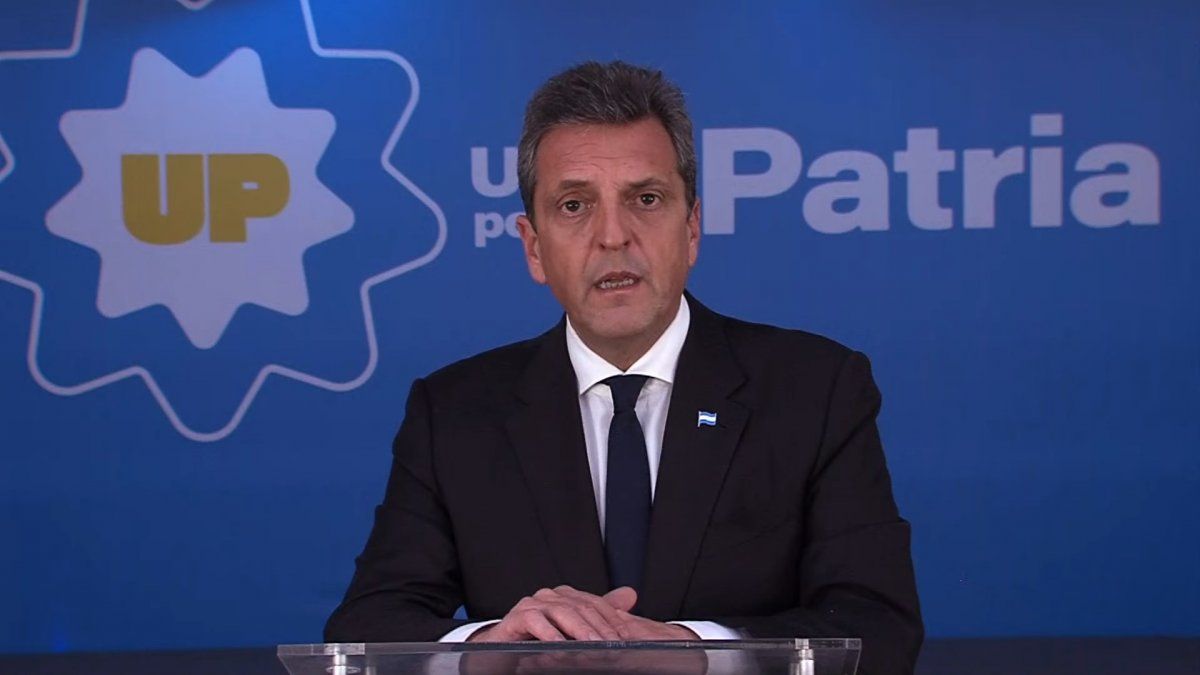The important modification will apply only to the workers reached, who today are just under one million, which is equivalent to 11% of employees in a dependency relationship.
According to data from the AFIP, 40% of Profit collection corresponds to fourth category taxpayers and another 50% to companies and societies. However, according to the same organization, large companies pay an average of only 2.45% for the same tax.
At the same time, in terms of exemptions, broken rates, exemptions and sectors that do not pay taxes, the State loses 4.6% of GDP.
The proposal was taken up by Vice President Cristina Fernández de Kirchner in April and then in June by the head of the AFIP, Carlos Castagneto, in a conversation in La Plata. There, he called for comprehensive tax reform.
For the public accountant and Master in Political EconomyMagdalena Ruainitiatives that promote progressive taxes or reforms in inspection mechanisms “they encounter strong resistance from the most concentrated sectors of the economy.”
Likewise, he maintains that the main argument that rejects a progressive reform is the country’s supposedly high tax pressure. However, he maintains that it is in accordance with international parameters. According to OECD data, in 2020, our country’s tax pressure (tax collection as a percentage of GDP) was 29.4%, being below the OECD average of 33.5%, and below of that of Brazil, equivalent to 31.6%.
Furthermore, according to Rúa, “for large transnationalized Argentine economic groups and multinational companies whose controllers are located abroad, the tax pressure is not usually the same as for the rest of society, since they manage to minimize their tax burden through “abusive tax planning maneuvers and transferring their capital abroad.”
In that sense, the “State of Tax Justice 2021” report, prepared by a group of organizations, estimates a loss of annual tax collection for Argentina of close to US$1.3 billion annually due to “corporate tax abuse and “tax evasion of financial wealth placed in tax dens.”
But evasion is not the only key to the poor nutrition of the treasury, but also avoidance. Adrian Falcosecretary of the Tax Justice Network of Latin America and the Caribbean, reports in Anfibia that there are items that specifically enjoy tax benefits, for which “they do not have to carry out overlapping operations or devise fraudulent schemes.”
At the same time, the Argentine tax system is presented as highly regressive, because most of the collection is explained by consumption taxes, which weigh mostly on the most vulnerable sector. Falco clarifies it this way: “On average, for every $100 that the treasury collects in taxes, $31 comes from Profits and $41 corresponds to VAT, the tax that we all pay.”
Under this panorama, some fundamental aspects appear to rethink the tax structure. For CELAG, for example, the tax system “could collect more and with more fiscal justification without needing to apply more taxes.”
It would be enough, on the one hand, to simplify and reorganize the tax matrix (which has 85 taxes at the municipal level, 39 provincial and 41 national) and, on the other, improve the wording of the legal basis of each tax, “in such a way that “Abusive use of tax advantages is allowed, without economic or social reason.”
They also focus on a surcharge on the tax on banks’ extraordinary profits, since the Argentine banking sector “is the most profitable in Latin America” and a minimum tax on multinationals.
Source: Ambito




